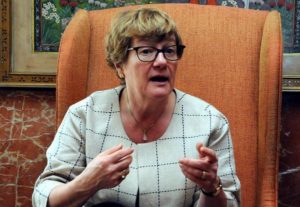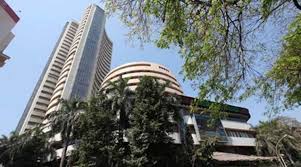
India is becoming one of the favorite destinations for investments in manufacturing, clean tech, infrastructure and hi-tech for Finnish companies.
Nina Vaskunlahti, Ambassador of Finland to India, in an interview with BusinessLine said, “There is increasing interest in economic cooperation, and Finnish companies are looking for new opportunities in India.”
Investment protection
According to Vaskunlahti, although India’s legislative framework can be a little complicated and the judicial system overworked and under-resourced leading to delays in solving disputes for foreign investors, overall the atmosphere is “welcoming and pretty open”.
However, according to the Ambassador, Finland is worried over India’s move to terminate investment protection agreement with 82 countries. “We are not quite sure what is the purpose of this,” Vaskunlahti said. While the treaty between India and Finland is still in force, according to Vaskunlahti, India and the European Union seem to be stuck over negotiating a new investment protection treaty after a year back India had sent request for renegotiation for the Bilateral Investment Treaty (BIT) to over 80 countries with whom it had earlier signed Bilateral Investment Promotion and Protection Agreements (BIPA).
“As a member of EU, we cannot negotiate on our own, because it’s the EU Commission that has a negotiating mandate,” Vaskunlahti said. “What we have now on the table is called a comprehensive negotiating mandate which covers both free trade agreement and the investment protection agreement. For the moment, nothing much is happening, but efforts and work are being done in background to push it forward.”
The new model of the BIT was cleared by the Union Cabinet in December 2015 and was seen to give more stability to foreign investors and prevent disputes with multinational companies by excluding matters such as government procurement, taxation, subsidies, compulsory licences and national security.
Arbitration mechanism
At the same time, the new model BIT brings in a provision obliging foreign investors to first exhaust the option of local judicial system at least for five years before going to international arbitration mechanism in case of disputes.
Some of the cases when foreign investors challenged India in international arbitrage, invoking clauses of earlier BIPAs include Devas Multimedia, Vodafone, Deutsche Telekom, Sistema and Cairn.






 A with the UK than with the EU.”
A with the UK than with the EU.”